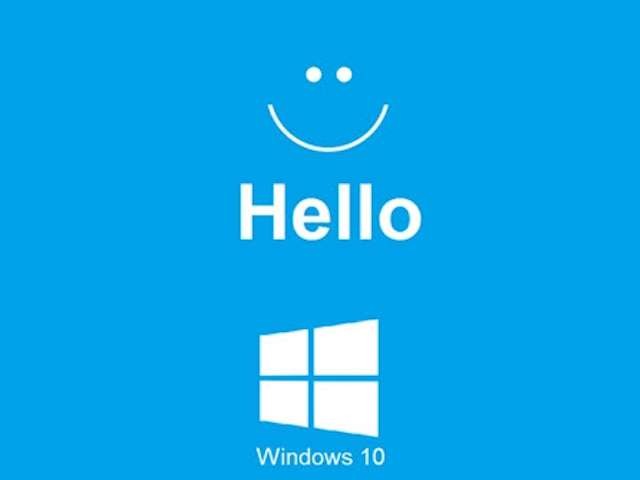Microsoft's Windows 10 includes a facial recognition feature that makes signing into a desktop or laptop easier, while sustaining security. Windows Hello uses biometrics to allow users to sign in after just viewing their faces. A test was recently conducted in which the artificial intelligence tech powered by an Intel 3D camera system was able to distinguish the two identical twins' members, even when they removed their glasses or changed their hairdo.
During the test, just one person in a set of identical twins would register his or her face on Windows 10. Then the unregistered twin tried to register on the brother's or sister's account. Windows 10 passed with flying colors.
The Australian conducted the Microsoft OS test. Windows 10 must be paired up with an Intel RealSense 3D camera in order for the facial recognition to work, according to Mashable. In addition, the system includes a conventional and infrared camera, as well as an infrared laser projector.
The experiment included a small sample size of people, and the host PC contained a high-tech 3D camera, so there is still chance that the system could have been tricked by other twins or cameras, according to Engadget.
Still, Intel claims that the camera views the world like humans do. Meanwhile Microsoft reported earlier this year that that the camera's a false accept rate was just 1 in 100,000.
The Windows 10 facial recognition tech is better than many other systems regarding the key issues of ease-of-use and safety. Keeping out charlatans and making it easier to prove a user's identity are critical when signing in electronically.
It is possible that Microsoft's tech could be used for other platforms in which even non-identical twins are mixed up, such as when wrongly tagged in photos. That includes social networks.



























